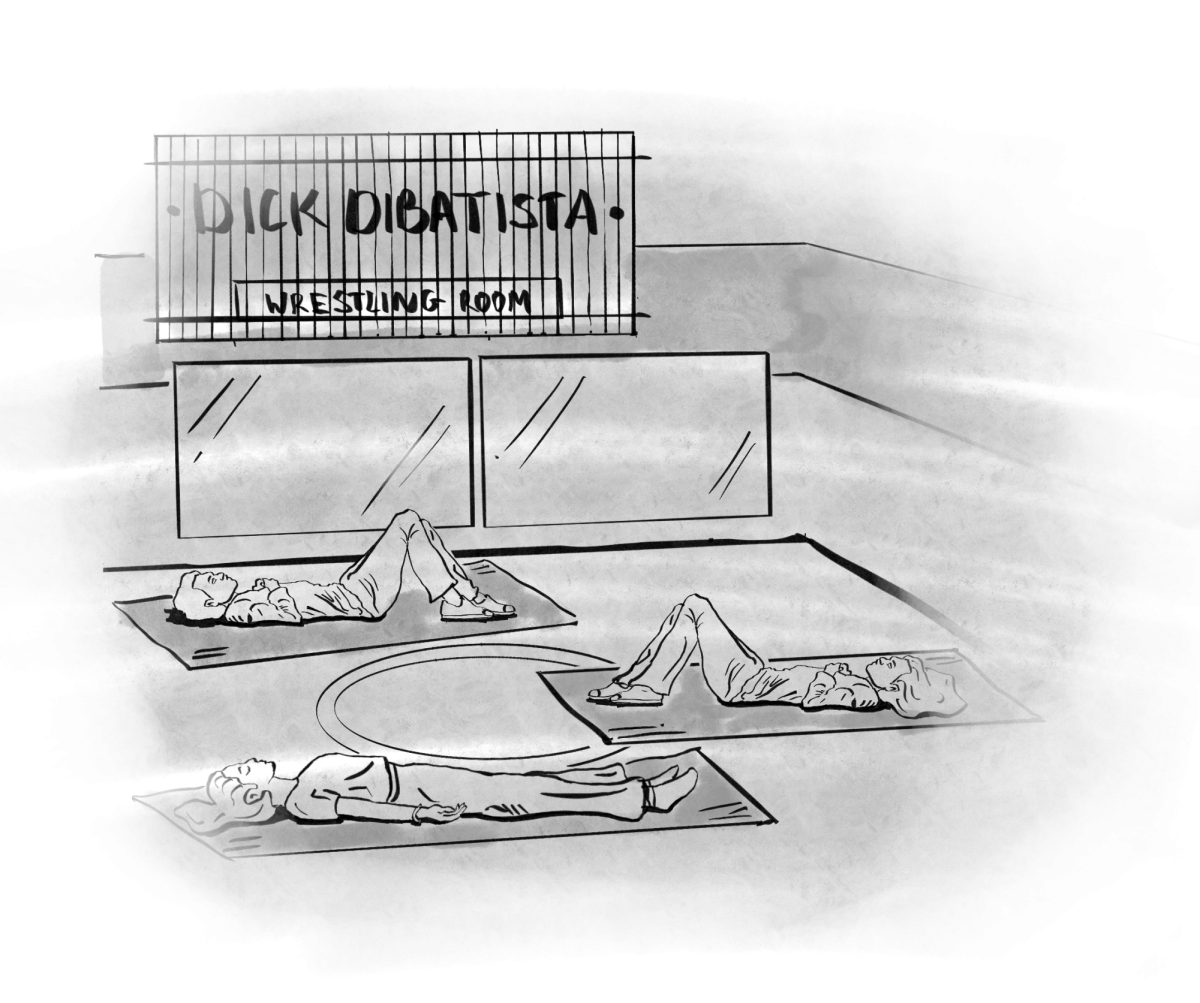
In 236 years of American representative democracy, there has never once been a president taken off the ballot. America is supposed to be the land of the free, and us citizens pride ourselves on our freedoms. Americans should have the right to vote for whoever they so desire, on the condition that such a candidate upholds constitutional values.
As long as a candidate is at least 35 years old, a natural-born citizen, and a resident within the US for at least 14 years, they are able to run for president. This means that in America, even a felon can become president. Think about that: there is no direct statement in our Constitution that prohibits convicted criminals from running for presidency. That is why it can seem almost insane to even think about taking anyone off the ballot, even in extreme circumstances. So how on earth has Donald Trump been taken off the ballot in Maine and Colorado, with more states deliberating the decision?
In Trump’s case, it isn’t his repeated tax evasion, multiple defamation cases, racist rhetoric, failure to denounce Nazi’s, or even his sexual assault allegations that hold him back from being on ballots; it is his tweets. This seems confusing. How was Trump not protected by free speech?
Let’s go back. In 1866, just a year after the Civil War, Senator John Binghampton of Ohio realized something. His proposition was simple: that it is not a good idea to allow treasonous individuals to run for office. Makes sense. From that, the 14th amendment was born. The amendment states, “No officer of the United States shall have engaged in insurrection or rebellion against the same, or given aid or comfort to the enemies thereof” should be allowed to run for office. Recently, the “Cowboys for Trump” founder, Couy Griffin, was banned from running for office in New Mexico citing a clause in the 14th Amendment that prohibits those who have engaged in insurrection from serving – the only time in 150 years that the provision has been used to disqualify an official and the first time that a court has ruled the events of January 6 were an “insurrection.” Griffin actually was a part of the January 6 mob.
In Trump’s case, the statements he made on the January 6 insurrection are what are being examined. On this day, in the wake of losing the presidential election, Trump incited a violent response from his extremist supporters through the raiding of the Capitol. The insurrection aimed to interfere with the certification of electoral votes in hopes of flipping the election’s result. Trump tweeted, “Be there. Will be wild.” “March to the Capitol after. Stop the Steal!” “Get smart Republicans. FIGHT!” The quotes speak for themselves and should easily qualify as engaging in insurrection as outlined in the 14th amendment.
I understand the opposing view of saying Trump was encouraging protest. However, an easy way to see if January 6 was “just a protest” is by looking at the responses of Trump’s supporters to his tweets. A right wing extremist says it best: “Trump just told us all to come armed. F***ing A, this is happening!” Trump’s tweets incited groups like the Oath Keepers, an anti-government militia, the Proud Boys, and other Neo-Nazi right wing groups. If his own supporters saw Trump’s tweets as an invitation for an armed invasion of the capitol, then there is no doubt the tweets implicated Trump in the insurrection.
My favorite explanation of this comes from E.J. Dionne Jr., a professor at the McCourt School of Public Policy at Georgetown University, who explains why he doesn’t believe Trump should be on the ballot: “The whole point of Section three is to protect constitutional democracy from anyone who has already tried to destroy it.”
To me, that is the best way to understand taking Trump off the ballot. The goal is not to inhibit democratic ideals, or make the American people not be able to vote for who they want, it is to protect our democracy from destruction. Now, just like after the confederacy, it is crucial to protect our country from insurrection.
Ironically, the famous tweeting of Trump that helped him get elected in 2016 could be his downfall in American politics.




